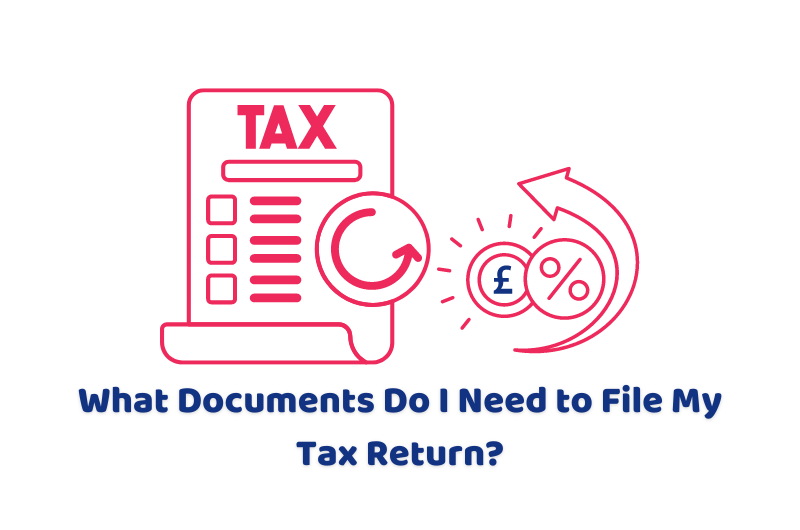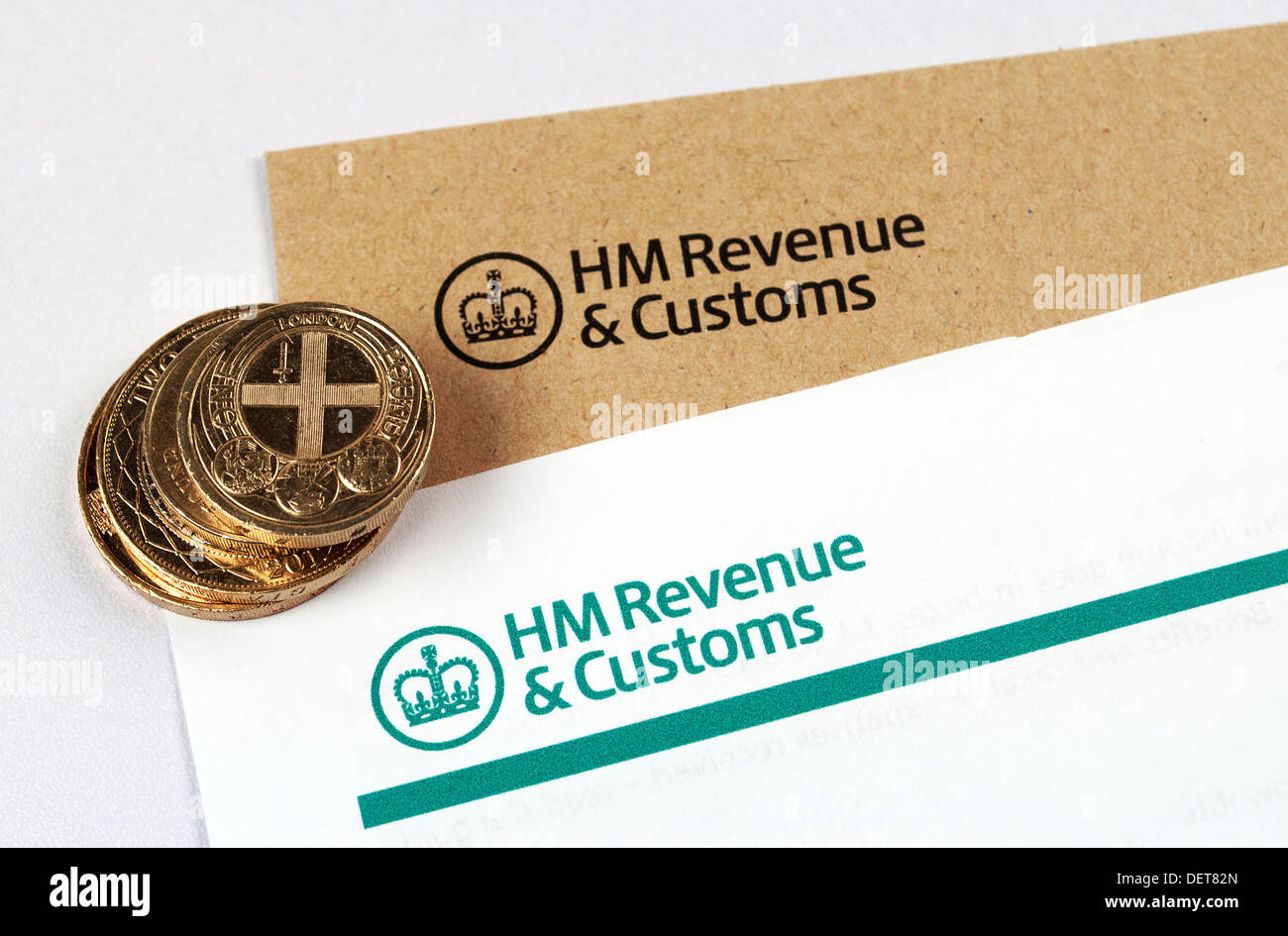- info@linkersfinancial.com
- Janakpuri, New Delhi
Pay your taxes in the UK without any hassles. A Simplified Guidebook for entrepreneurs and freelancers

Pay your taxes in the UK without any hassles. A Simplified Guidebook for entrepreneurs and freelancers
Even if you're handling things remotely, this step-by-step, human-friendly approach will help you file your taxes with ease.
Step 1: Register with HMRC
Let HMRC know that you are in business first.
You must register for Self-Assessment with HMRC if you operate a business yourself or are starting out as a self-employed individual. By taking this action, you formally inform the tax authorities that you will be managing your own taxes.
Go to https://www.gov.uk/register-for-self-assessment to register online.
Step 2: Keep Digital RecordsStart strong by tracking everything. You can use spreadsheets, but we recommend cloud accounting tools that sync with HMRC systems:
|
 |
Step 3: Know What You Owe
Understanding which taxes apply to your business is essential. Here's a quick breakdown:
| Tax Type | Applies To |
|---|---|
| Income Tax | On your profits after allowable expenses |
| National Insurance | Class 2 & 4 for self-employed individuals |
| VAT | If annual turnover exceeds £90,000 |
| Corporation Tax | If you’re operating through a Ltd company |
| PAYE | If you’re paying employees |
📌 Step 4: File Your Self Assessment Tax Return
This is the key process for reporting your income and paying what you owe.
🗓️ UK Tax Year:
6th April to 5th April (the following year)
📤 How to File:
- Login to: https://www.gov.uk/self-assessment-tax-returns
- Use your Government Gateway ID
- Enter income, expenses, and other tax details
- Submit the form online
📅 Key Deadlines:
| Action | Deadline |
|---|---|
| Register for Self Assessment | 5th October |
| Paper Return (rare) | 31st October |
| Online Tax Return | 31st January |
| Pay Tax Bill | 31st January |
💡 Many businesses are also required to make ‘Payments on Account’—this means you prepay some of next year’s tax.
📌 Step 5: Pay Your Tax Bill
After submission, HMRC will tell you how much you owe. You can pay:
- Online via debit card or bank transfer
- Through Direct Debit
- Using your personal tax account

📌 Payment link:
https://www.gov.uk/pay-self-assessment-tax-bill
💬 Our offshore clients often prefer to automate this using our managed services to avoid missing a payment—especially when time zones get tricky.
📌 Step 6: Plan Ahead for the Next Tax Year
Here’s how to stay ready and stress-free:
- ✅ Set aside 20–30% of your income each month for taxes
- ✅ Use an accountant or digital software for compliance
- ✅ Track your VAT threshold if your business is growing
- ✅ Keep all receipts, invoices, and statements for at least 5 years
⚠️ Common Mistakes We Help Clients Avoid
- ❌ Missing deadlines → Leads to automatic penalties
- ❌ Not registering for Self Assessment on time
- ❌ Forgetting to claim allowable expenses (like software, travel, home office)
- ❌ Mixing personal and business expenses
- ❌ Overlooking Payments on Account
Our offshore accounting experts help you stay on top of all of this—so you can focus on growing your business, not stressing about admin.
✍ Summary Checklist
- ✅ Register with HMRC
- ✅ Track income & expenses digitally
- ✅ Understand which taxes apply to you
- ✅ File your return by 31st January
- ✅ Pay your bill on time
- ✅ Stay organized for next year
💼 Need help managing your UK taxes from abroad?
Whether you're running your UK operations from India, Dubai, or Singapore, our offshore tax specialists are here to make it seamless and stress-free.
👉 Book a free consultation with our team today.
Let’s make UK tax filing simple—together.
🔍 Working offshore? You might still be liable for UK taxes depending on your residency and business structure. We can help navigate that.





